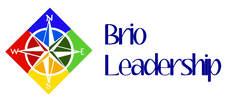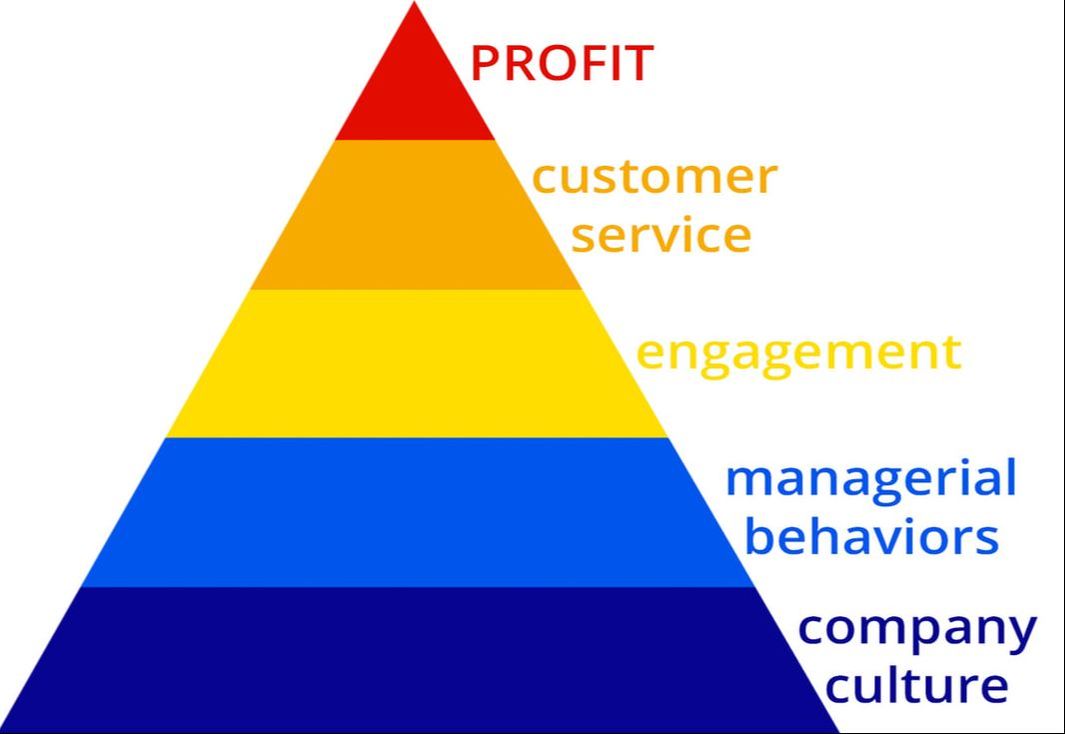|
Recently I was made to wait two weeks to get an important prescription filled. Two weeks! And I live in a first-world country and have decent health insurance. After a week of receiving pre-recorded apology updates from the pharmacy, I called both the doctor’s office and the pharmacy, and discovered the doctor’s office hadn’t received any of the faxed pre-authorization requests the pharmacy was sending every morning. Knowing that, I asked the pharmacist to directly call the doctor’s office and ensure they completed the authorization form for insurance. I finally got the medication and felt better within a day, but now I am looking for another doctor because of this debacle! Poor customer service is always a reflection of a negative culture. The root cause of my unfortunate experience was the poor organizational culture at my doctor’s office, reflected in their unresponsive administrative personnel and poor customer service processes. Here is the formula: To say it succinctly, employees treat customers in a manner consistent with how they are treated. If management yells at employees, they are in turn likely to be surly with customers. If management does not give the employees the tools, empowerment or training to serve the customer well, the customer will suffer. And when the customer suffers, so does loyalty and satisfaction and that negatively impacts customer retention, which negatively affects profitability. It’s a vicious cycle.
4 Comments
 What office doesn’t have a kitchen in it? It’s inconceivable to design a modern office without a special room or corner that holds a refrigerator, microwave and coffee pot. And that is because of the universal human desire to share food in a communal setting. For millennia, human beings have gathered around food for nurturance, conversation and community. Sharing food at a common table is such a basic human need that scientists give it a fancy name: “commensality”. Commensality has been shown to bond people together and to create intimacy that can’t be achieved in any other way. The act of sharing food is so powerful that leaders should consider how to use food routines to embed and symbolize their corporate culture. Usually when we think of building a positive company culture, we think of sharing noble ideas: values, vision, common purpose, goals, people policies and practices. These are intangible means to building a culture, appealing to team members’ hearts and mind. What about involving the physical body in symbols of a positive culture? If a leader really wants to embed a culture in team members, food is a vehicle to consider. Food ingested into the body becomes nutrition for cells, organs, bones and muscles. In addition, food is related in our experience to pleasure, nurturance, socialization and inclusion. In designing impactful routines that will bond a team and translate into symbols of the culture, food traditions are paramount. Here's a great HBR article that shows how company culture influences the results you get. Notice, however, that they are measuring employee motivation, which is a result of culture, not culture itself. How Company Culture Shapes Employee Motivation Kristin Robertson, CEO of Brio Leadership, is dedicated to increasing the number of employees who are excited to go to work on Monday mornings. Services include executive coaching, leadership development classes and company culture consulting. Don’t forget to get a copy of Kristin Robertson’s new book, Your Company Culture Ecosystem, available on Amazon.
President Kristin Robertson speaks on Brio Leadership's vision to help businesses incorporate core values into their business model, tells success stories, and discusses the topics of Conscious Capitalism and Executive Coaching in these new YouTube videos. Click here to visit our YouTube channel to watch these videos! Kristin Robertson, CEO of Brio Leadership, is dedicated to increasing the number of employees who are excited to go to work on Monday mornings. Services include executive coaching, leadership development classes and company culture consulting. Don’t forget to get a copy of Kristin Robertson’s new book, Your Company Culture Ecosystem, available on Amazon.
 Leaders cast a long shadow. In a family-owned business, this means that the leaders, typically the founders or second-generation family members, set the tone for the rest of the company. Employees follow the example of their leaders, mimicking their behaviors, actions and decision-making styles. In a conscious business, leaders are aware of their influence and take care to ensure that they are leading with high self-knowledge and maturity. Leadership is a difficult and complex job. In addition to being smart, leaders in today’s marketplace must possess emotional and spiritual intelligence and an understanding of systems theory. They must possess self-awareness of their tendencies and habitual emotional reactions, they must have the ability to scan a room for its mood, and they must demonstrate empathy and compassion for their teams. They must be able to see an organization as a system in which everything is connected and the sum is greater than the parts. Lastly, they must have a long-term and holistic perspective of the decisions they make in order to account for all stakeholders of the organization. In this blog post we will discuss emotional intelligence and in future posts we will go into the other characteristics of conscious leadership.  Culture is the very soul of a company. It manifests in the way people (insiders and external suppliers) are treated, the way decisions are made, and the behavioral norms that may be unspoken but expected. Culture is the result of how an organization embodies its core values, and it consequently becomes the company’s collective world view. Walter Robb, Co-CEO of Whole Foods Market, says that culture is “the actual practice of those [core] values over time.” i Culture is intangible but vitally important. According to James Heskett of Harvard Business School, “Culture can account for up to half of the difference in operating profit between two organizations in the same business.” ii Because it has to do with how people, especially employees, are treated, the ramifications of culture pervade all aspects of a business. The productivity, engagement, innovation, and energy of your workforce are a result of the working environment that leaders build. Conscious Culture is one of four tenets of Conscious Capitalism, which we have covered in a previous article. The Conscious Capitalism movement is one of the most exciting developments in business practices in the 21st century, and it deserves the attention of family-owned businesses, many of which are deeply values-driven. Here are five steps to building a conscious culture in your organization: |
From the desk of
|
Our services |
Our Company |


 RSS Feed
RSS Feed

